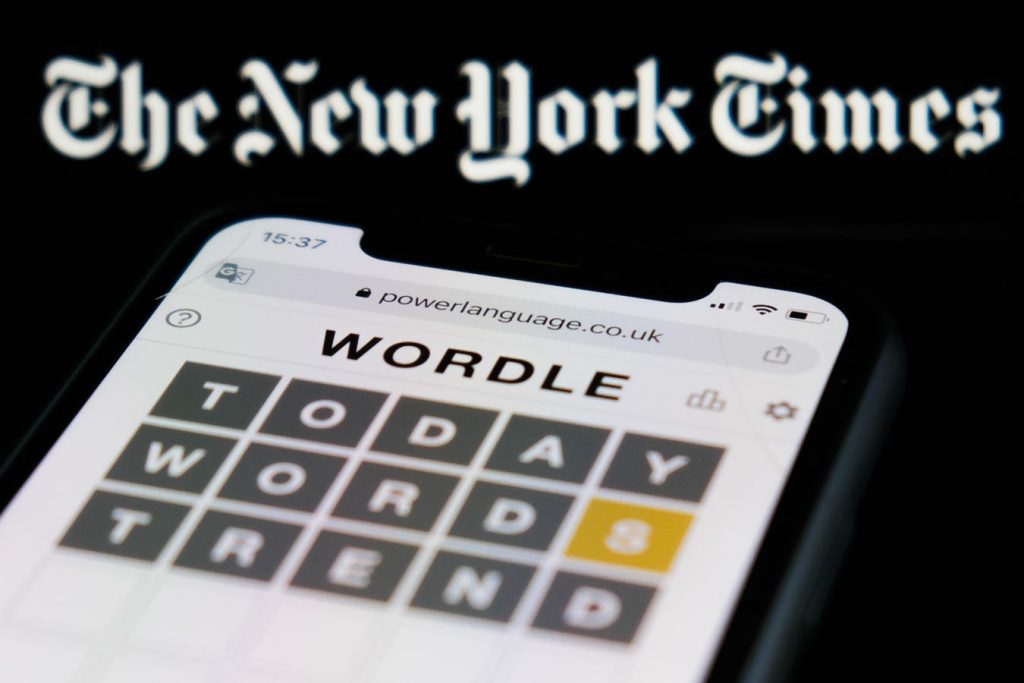It’s the day of the sun and actually quite a splendid and lovely weekend here, wedged brightly between two snowstorms. The little one has passed, leaving the world and icy reflective white. A bigger one is on the way, promising blizzards and drifts. For now, we enjoy the sun on our faces and the crisp, clear mountain air.
Oh, and Wordle of course. We have one of those to solve today, I believe. Let’s dive right in!
How To Solve Today’s Wordle
The Hint: On the brink of a great discovery or triumph or somesuch.
The Clue: This Wordle has a double letter in it.
.
.
.
.
The Answer:
Wordle Analysis
Every day I check Wordle Bot to see how I did. You can check your Wordles with Wordle Bot right here.
I thought of crime because I’ve just written a review of True Detective: Night Country. The show was criminally bad! What a disappointment! For me, however, crime left just 58 possible solutions. I thought for sure soapy would clean up most of the rest but I was unlucky, with a whopping 9 still to choose from, many of which were quite similar. I used genre because it fit so nicely with crime and that did the trick, leaving me with just one word: verge for the win! Huzzah!
Competitive Wordle Score
Total wash. 0 points for guessing in four and 0 for tying the Bot. C’est la vie!
Today’s Wordle Etymology
The word ‘verge’ has an interesting etymology that traces back to both Latin and Old French origins. The term comes from the Latin word virga, which means ‘rod’, ‘stick’, or ‘wand’. This Latin root reflects the original sense of the word as something related to a physical boundary or a marker.
From Latin, the word evolved into the Old French word verge, meaning ‘rod’ or ‘staff’, but also used to denote the ‘penis’ in a more vulgar sense. The Old French term retained the meaning of a rod or staff used as a symbol of authority or power, such as the ceremonial staff carried by certain officials.
By the time it entered Middle English, ‘verge’ had acquired a variety of meanings, including a rod or staff, the edge or margin of something, and even a boundary or limit. Today, ‘verge’ is commonly used in English to refer to the edge or brink of something, such as being on the verge of an important discovery or event, reflecting its historical roots in notions of boundaries and limits.
This layered etymology showcases how ‘verge’ has evolved over time, carrying with it notions of authority, boundaries, and transitions from its Latin origins through to modern English usage.
Read the full article here






